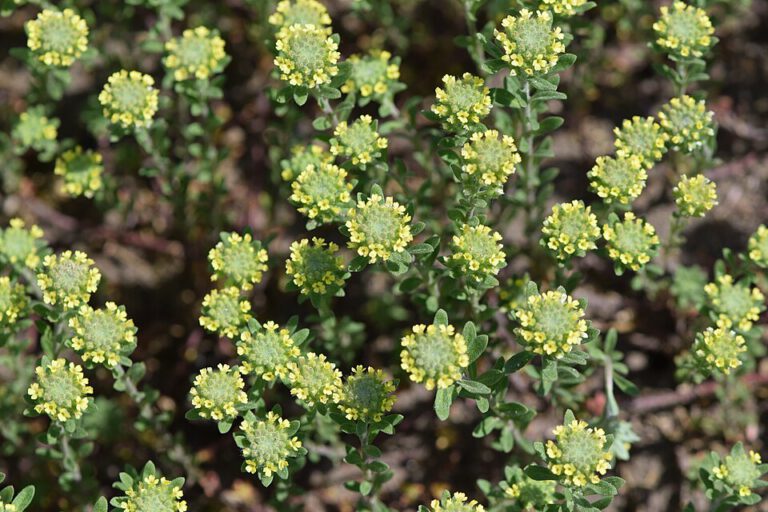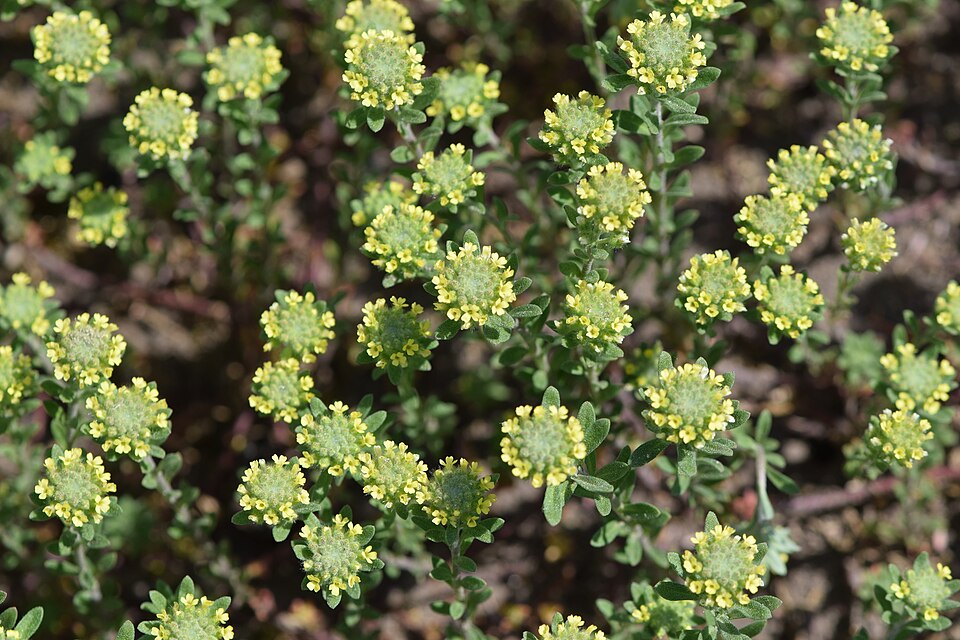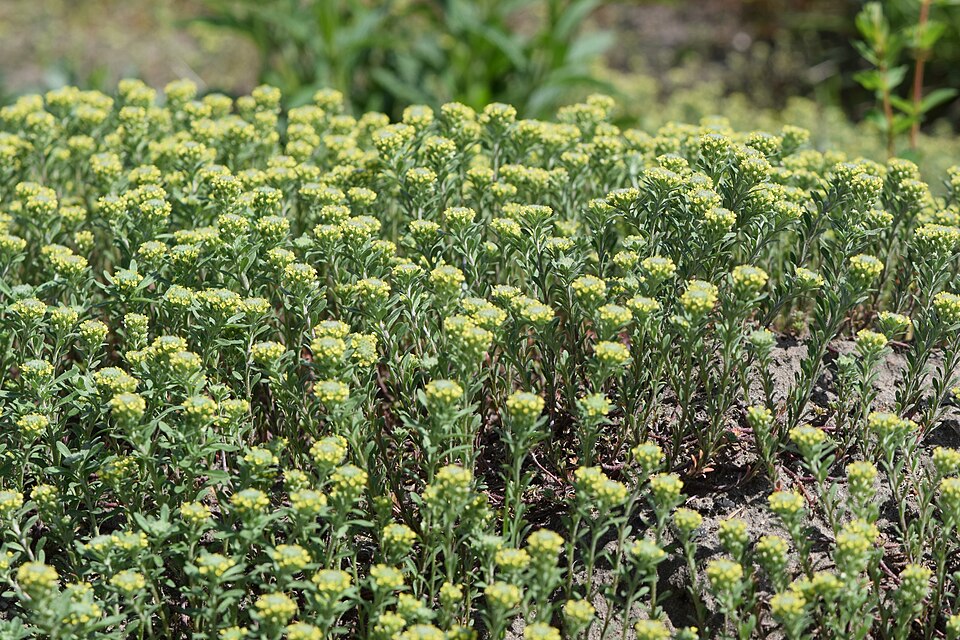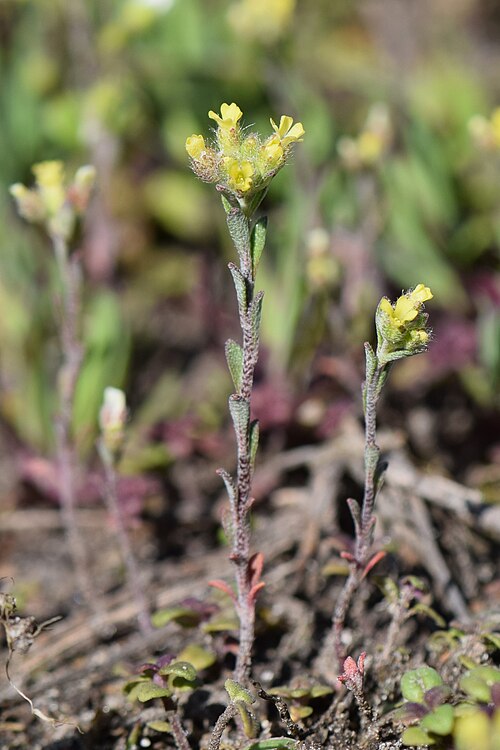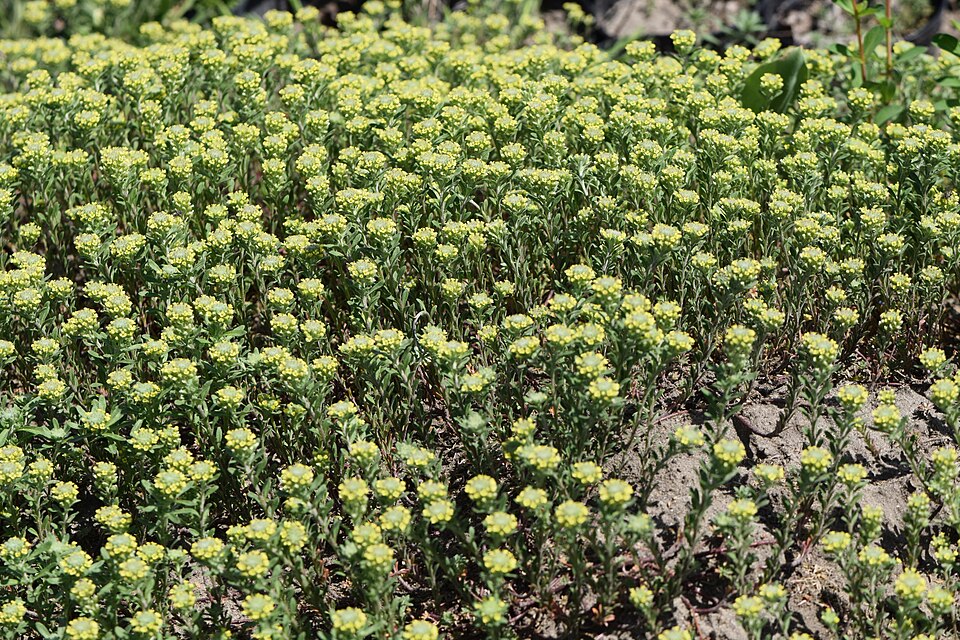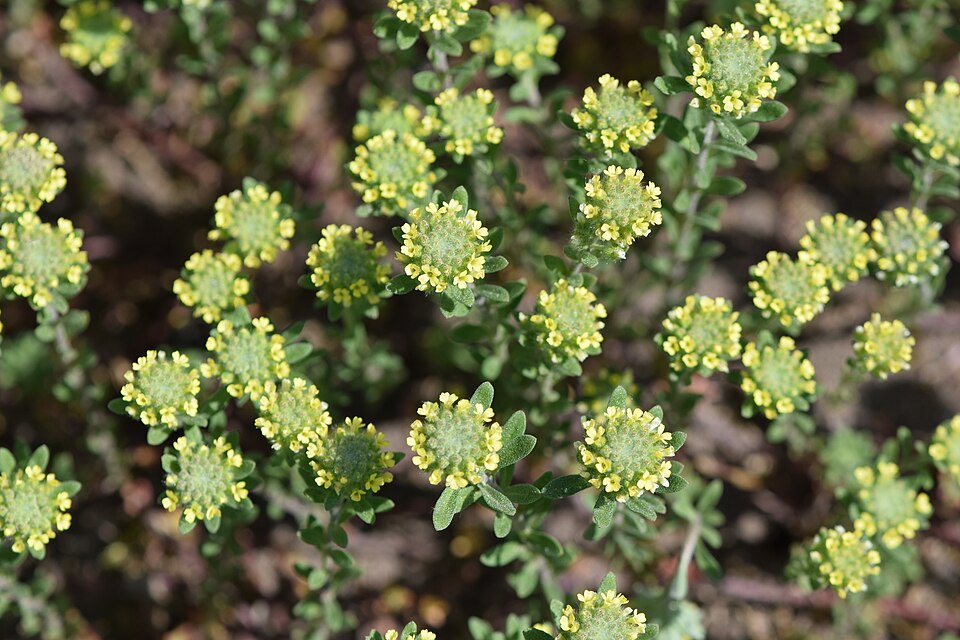Alyssoides: The Mediterranean Rock Garden Gem You’ve Never Heard Of
If you’re looking for a unique addition to your rock garden or dry landscape, let me introduce you to Alyssoides – a charming little plant that’s been quietly winning over gardeners who appreciate understated beauty and low-maintenance growing. This lesser-known member of the mustard family (Brassicaceae) might just be the perfect solution for those tricky spots where other plants fear to tread.
What Exactly Is Alyssoides?
Alyssoides is a genus of small, hardy perennial plants that hail from the sun-baked hillsides and rocky outcrops of the Mediterranean region, particularly southeastern Europe and western Asia. While it may not have a widely recognized common name in English, this plant has been quietly thriving in harsh conditions for centuries, making it an excellent candidate for gardeners dealing with challenging growing conditions.
Why You Might Want to Grow Alyssoides
Here’s where Alyssoides really shines – it’s practically bulletproof once established. This little powerhouse offers several compelling reasons to give it a try:
- Drought tolerance: Once established, it laughs in the face of dry spells
- Low maintenance: Perfect for busy gardeners or weekend warriors
- Pollinator friendly: Its small yellow flowers attract bees and other beneficial insects
- Rock garden superstar: Thrives in conditions that would stress out most other plants
- Compact growth: Won’t take over your garden or require constant pruning
Perfect Garden Situations for Alyssoides
This Mediterranean native is ideally suited for specific garden styles and situations. Consider Alyssoides if you’re working with:
- Rock gardens or alpine gardens
- Mediterranean or drought-tolerant landscapes
- Xeriscaping projects
- Challenging slopes or areas with poor soil
- Container gardens that need low-water plants
Growing Conditions and Care
The secret to success with Alyssoides is thinking like a Mediterranean plant. Here’s what it needs to thrive:
Sunlight: Full sun is essential – at least 6-8 hours of direct sunlight daily
Soil: Well-draining soil is absolutely critical. Sandy or rocky soil is perfect, while clay or consistently moist soil is a no-go. If your soil tends to hold water, consider raised beds or containers.
Water: Once established, minimal watering is needed. In fact, overwatering is more likely to kill this plant than drought.
Climate: Generally hardy in USDA zones 6-9, though this can vary depending on the specific species within the genus.
Planting and Care Tips
Getting Alyssoides established is straightforward if you follow these key guidelines:
- Timing: Plant in spring after the last frost, or in early fall
- Spacing: Allow adequate space for air circulation to prevent moisture-related issues
- Initial watering: Water regularly for the first few weeks while roots establish, then gradually reduce
- Fertilizing: Generally unnecessary – rich soil can actually harm these plants
- Pruning: Minimal pruning needed, just remove spent flowers if desired
A Few Considerations
While Alyssoides isn’t considered invasive, it can self-seed in favorable conditions. Since this isn’t a native plant for most North American gardens, you might want to consider native alternatives that provide similar benefits. Look into native sedums, wild bergamot, or regional wildflowers that offer comparable drought tolerance and pollinator benefits while supporting local ecosystems.
That said, if you’re specifically designing a Mediterranean-style garden or dealing with particularly challenging growing conditions, Alyssoides can be an excellent choice that won’t cause ecological problems.
The Bottom Line
Alyssoides might not be the flashiest plant in the garden center, but it’s a solid performer for gardeners who appreciate reliability over drama. If you have a sunny, well-draining spot that needs a low-maintenance ground cover with pollinator appeal, this Mediterranean native could be exactly what you’re looking for. Just remember – when in doubt, think dry, sunny, and hands-off, and you’ll likely have success with this charming little survivor.
